Come Holy Spirit, fill the hearts of your faithful and kindle in them the fire of your love. Send forth your Spirit and they shall be created. And You shall renew the face of the earth.
O, God, who by the light of the Holy Spirit, did instruct the hearts of the faithful, grant that by the same Holy Spirit we may be truly wise and ever enjoy His consolations, Through Christ Our Lord, Amen.
Jn 15:1-8
Jesus said to his disciples:
"I am the true vine, and my Father is the vine grower.
He takes away every branch in me that does not bear fruit,
and every one that does he prunes so that it bears more fruit.
You are already pruned because of the word that I spoke to you.
Remain in me, as I remain in you.
Just as a branch cannot bear fruit on its own
unless it remains on the vine,
so neither can you unless you remain in me.
I am the vine, you are the branches.
Whoever remains in me and I in him will bear much fruit,
because without me you can do nothing.
Anyone who does not remain in me
will be thrown out like a branch and wither;
people will gather them and throw them into a fire
and they will be burned.
If you remain in me and my words remain in you,
ask for whatever you want and it will be done for you.
By this is my Father glorified,
that you bear much fruit and become my disciples."
MEDITATE
He takes away every branch in me that does not bear fruit
It seems harsh to compare believers to branches, but this passage doesn’t provide the whole story. It is best understood when read parallel to Luke 13:6-9, which reads:
A man had a fig tree planted in his vineyard; and he came seeking fruit on it and found none. And he said to the vinedresser, ‘Lo, these three years I have come seeking fruit on this fig tree, and I find none. Cut it down; why should it use up the ground?’ And he answered him, ‘Let it alone, sir, this year also, till I dig about it and put on manure. And if it bears fruit next year, well and good; but if not, you can cut it down.’
A similar parable is given in Matthew 13:23-48, where Jesus compares the kingdom of heaven to a man who sowed good seed in a field, but then an enemy came and sowed weeds among the wheat. In both parables, the owners wait for things to play out. In other words, the Lord gives us many chances for redemption. So, in this week’s parable, when Jesus says the branches will be cut down if they don’t bear fruit, it’s not like he didn’t give them any chance to bear fruit. In fact, when it comes to us, he gives us a lifetime of chances. But God’s mercy is eventually met by his justice. In fact, they are both a part of his nature and they do not contradict each other. If God’s abundant mercy did not eventually lead to justice, the mercy would be nothing but the acceptance of evil and death. It may take a lifetime to weed out the sins in our lives, and God will forgive us for our sins seventy times seven times (in other words, an infinite number of times) if we go to his son for forgiveness. But the wheat can still grow among the weeds of sin. We can still bear fruit in our lives as we work on eliminating our sins. To believe otherwise would be to give in to the sin of despair, and once again defeat the purpose of God’s mercy.
Every one that bears fruit he prunes so that it bears more fruit
Jesus said the rain falls on the just and the unjust (Matthew 5:45). For the unjust, the hardships that come to them will tear them down. For the just, the hardships that come will build them up and lead to more fruit. For the ones who are rooted in the one true vine, no harm can be done to them that will not bring glory to God and fruit for all. For those who are not connected to the vine, even what they have will be taken from them because they are not rooted in the giver of all life (Matthew 13:12, Matthew 25:29). All they have will therefore eventually wither. God wants us to have life, and to have it abundantly (John 10:10). He doesn’t want us to just get by. But unless a seed falls to the ground and dies, it cannot have new life (John 12:24). So many of Christ’s teachings are connected to the concept of life, how he is the life-giver, and how we must endure hardship in order to bear fruit. We know this intrinsically, but it’s much harder to live by it. We know that the harder we work at something the more we’ll get out of it. The more blood, sweat, and tears we put into whatever we do, the more fruit it will bear. Yet we still often try to hold onto the things we feel we need. Let’s have faith that God knows how to prune us so we can flourish.
If you remain in me and my words remain in you, ask for whatever you want and it will be done for you
The Lord does not spoil his children, but if our will is in alignment with his we will want the same thing. This works out best for us because God knows our hearts better than we do. While we may think we know what we want and ask God for it, we really don’t. Think of how many times you have gotten what you wanted and it left you ultimately unsatisfied. Now, think of the times you asked for something that you knew was God’s will, how genuine your heart was when you asked for it, and how fulfilled you felt once God gave it to you. God knows how to love us. He will not let us down.
By this is my Father glorified, that you bear much fruit and become my disciples.
Even when we feel fulfilled when doing God’s will, ultimately it gives glory to God. Some people may say that we are then basically just God’s puppets, simply doing his bidding and therefore we don’t really even have true free will of our own. We do have free will though. It’s just that there is no better choice available to us than to use it to do God’s will. How can there be? He is the omnipotent, omnipresent, omniscient, and all-loving God of the whole universe. He is its creator, the one who placed the stars in the sky and made the laws of nature. He loves us with a perfect love. He knows beauty, joy, and all the deepest desires of our hearts because he created them. How can we possibly believe that we can come up with a better plan for our lives than he can? So, sure, we were created to do God’s bidding. But anyone who truly knows who God is and how short we fall of his glory knows that to fight to do our own will instead of his is a battle we simply cannot win and shouldn’t want to anyway. He knows what we want and need better than we do. Let’s trust him as we would a loving and wise father.
PRAY
Lord God, we thank you and we praise you even for the ways you prune us, even for the ways you show us our sins so we can be led to repentance. We thank you also for the fruit we bear in our life, because we who bear the fruit are also the ones who benefit from it. You are the water and the sunshine in our life. Bring us to the abundant life you have in store for us, so we may know our task and fulfill it fruitfully. You are the vine. We are the branches. In Jesus’ name we pray. Amen.
LISTEN
A tree doesn’t make a sound. In fact it barely even moves. And yet God provides even for it. Be still and silent like the branches we read about in today’s Gospel, and fathom the great love God has for us. His grace is enough. Sometimes we need to be silent to recognize that.
Glory Be to the Father, and to the Son, and to the Holy Spirit. As it was in the beginning, is now, and ever shall be, world without end. Amen.
About the Author:
David Kilby is a freelance writer from New Jersey and managing editor of Catholic World Report. He received his undergrad degree in humanities and Catholic culture from the Franciscan University of Steubenville. In addition to working with the Knights of the Holy Eucharist (knights.org), he has served as a journalist for Princeton Packet Publications, and the Trenton Monitor, the magazine for the Diocese of Trenton. Some of his published work can also be found in St. Anthony Messenger, Catholic Herald (UK), and Catholic World Report. For the latter he is managing editor. Find more of his writing at ramblingspirit.com

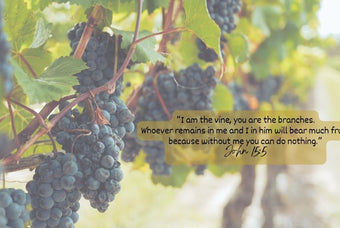
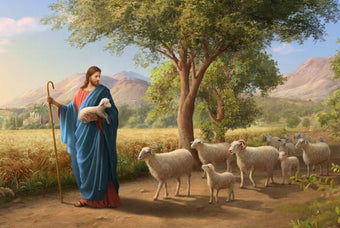
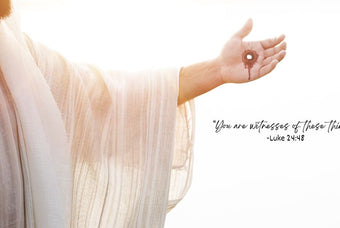
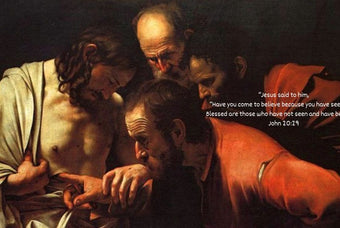

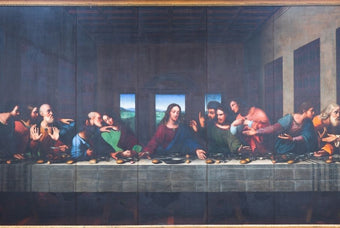
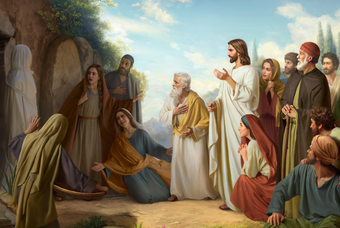
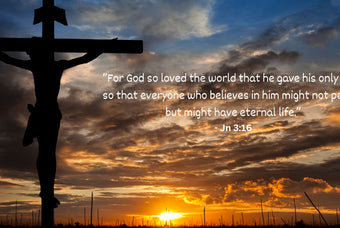
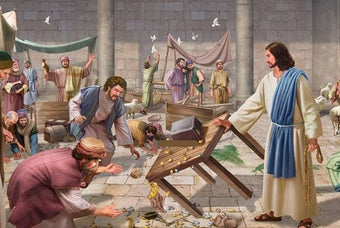


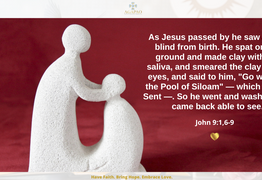



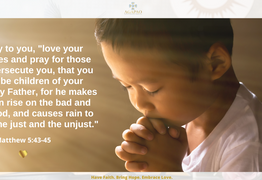


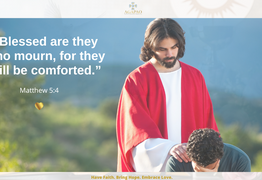

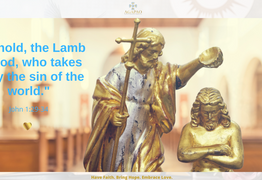
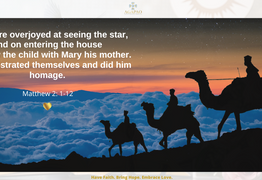
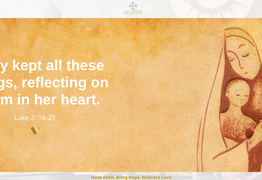






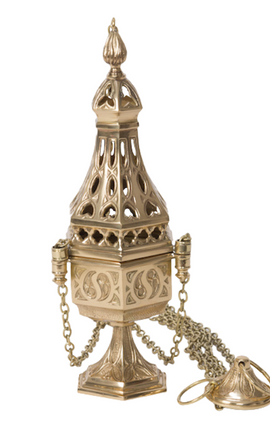
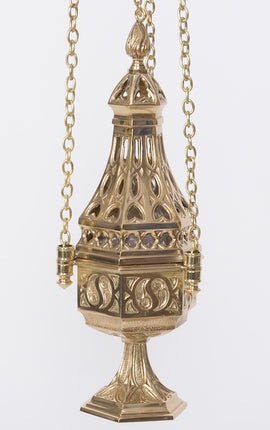


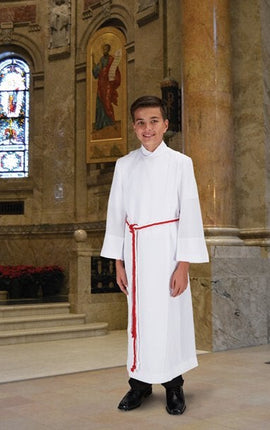
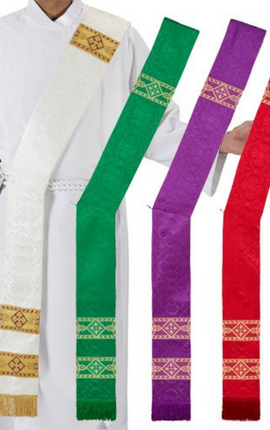
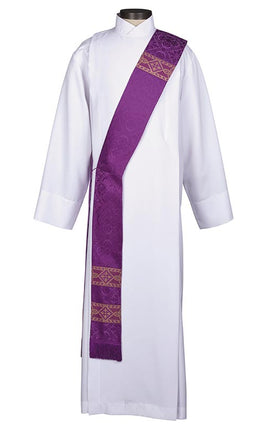


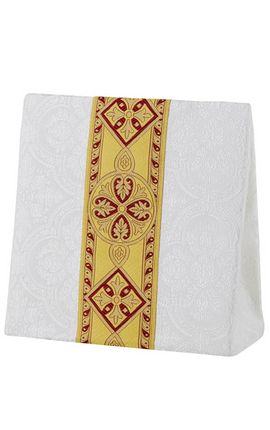
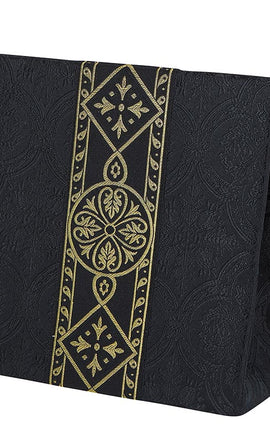
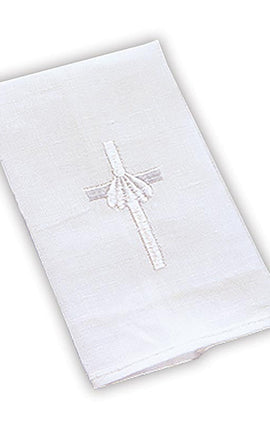
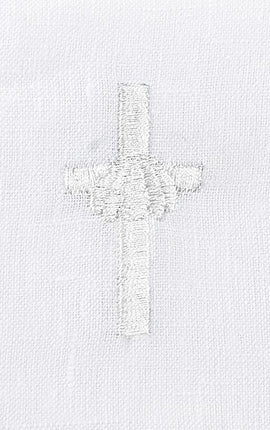





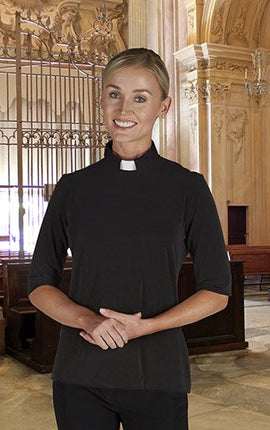

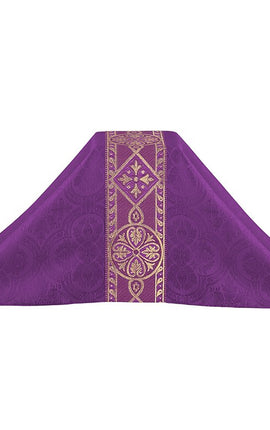




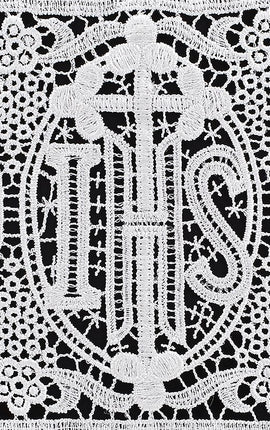

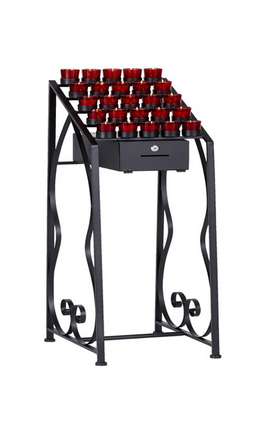
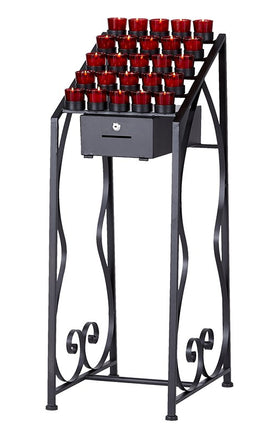
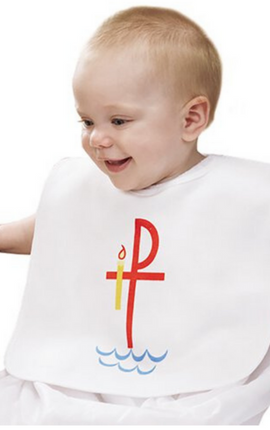




0 comment. Write a comment